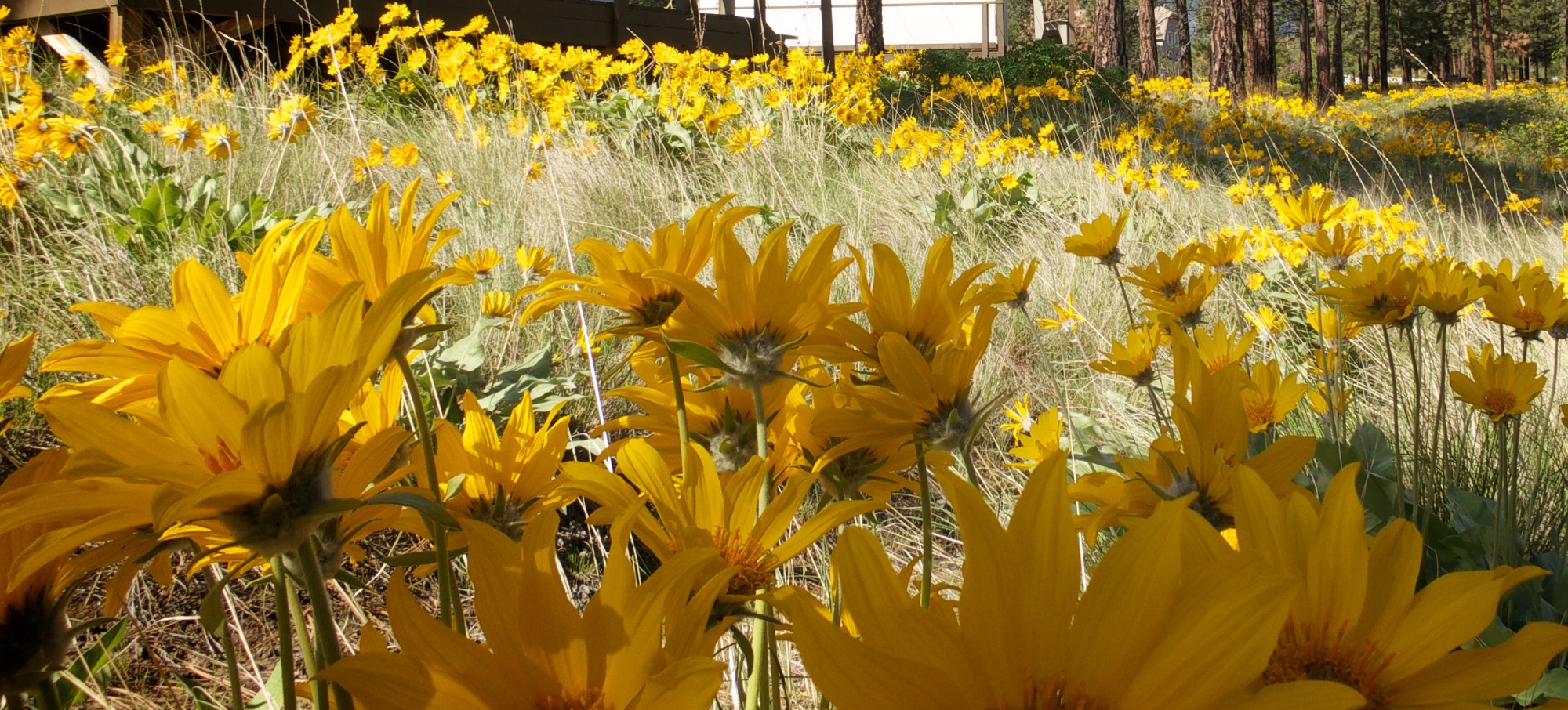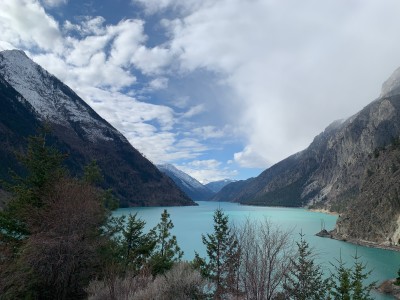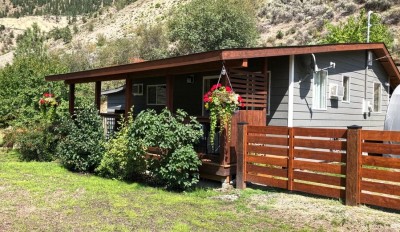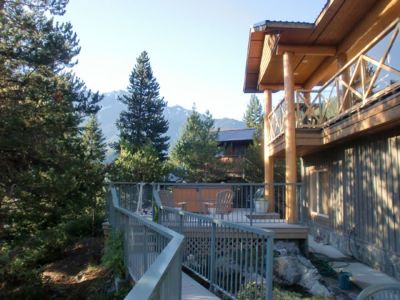Lytton
D’Arcy is a small unincorporated community in Sea to Sky Country in Vancouver, Coast & Mountains. It is partly a recreational and resource community and also the territory and residential area of the N’Quatqua First Nation. Anderson Lake offers great fishing opportunities, with a large presence of salmon. The attached Heritage Beach is a great recreational opportunity with swimming, and picnicking available, plus a beautiful scenic view. A public dock on the south end of the lake provides access to the water.
The Birkenhead Lake Provincial Park is nestled in the Coast Mountains, located 22 km West of D’Arcy. The park protects important habitat for a variety of wildlife, including spotted owls, mountain goats, black bears and grizzly bears. Old growth forests, subalpine and alpine environments, large and small lakes all contribute to the park’s diversity.
Location
D’Arcy is located about 150 km (93 mi) northeast of the city of Vancouver. Head north on Hwy 99 (Sea to Sky Highway) towards Lillooet, continue straight on in Mount Currie onto Pemberton Portage Road. It is approximately 37 km (23 mi) to D’Arcy.
A Step Back in Time
The town of D’Arcy was first founded as Port Anderson during the Fraser Canyon Gold Rush of 1858-59, and it went on to become one of the major ports of the Douglas Road, also known as the Lakes Route. This was a series of ports connecting the Upper Fraser Canyon to the Lower Fraser Valley regions. The name D’Arcy was conferred on the settlement, in recognition of the Vice President of Pacific Great Eastern Railway, D’Arcy Tate. The Pacific Great Eastern Railway was under construction and non-native settlers began returning to the area.
The nearby McGillivray Falls, a small resort just a few miles down Anderson Lake via the railway, became one of the handful of relocation centers for Japanese expelled from the coast during the Second World War. D’Arcy was just inside the 160 km (100 mi) “quarantine” zone from the coast, inside which all Japanese had to be evacuated. Since the D’Arcy-Birken valley, in those times, had no road access to the coast, the regulations on Japanese living there was less harsh. This allowed the Japanese living there to be employed in the town of D’Arcy.
D’Arcy and Nearby Accommodations
British Columbia Lodging and Campgrounds Association Members
List
Map






